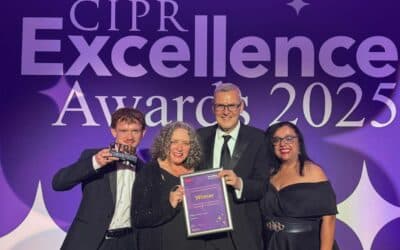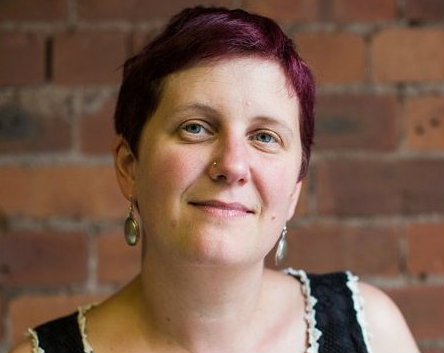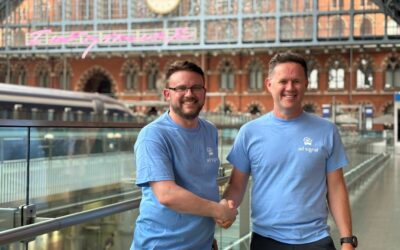Each Friday, Points North gives a senior media figure a platform to air their views on a topical or relevant issue.
This week it’s Kath Shackleton, producer and co-founder at Marsden-based Fettle Animation. In the week its Children of the Holocaust documentary was broadcast on BBC Four, she explains why animation is so well suited to tackling difficult subjects.
It’s been an incredible week.
Our BAFTA-nominated show for BBC Learning was given a prime-time slot on BBC Four and also shown in Austria to help mark Holocaust Memorial Day. Close to half a million people have seen work created by us from a village in Pennine Yorkshire.
To make Children of the Holocaust, we worked with World War Two Holocaust Survivors from Leeds Holocaust Survivors Friendship Association and animated their stories of persecution and escape from the Nazis as children.
These are quite powerful stories, which we have softened and humanised through our use of animation. We’ve interspersed these with live action camera interviews made by self-shooting director Tim Baxter and broadcast journalist Liz Molyneux.

After 18 months of hard graft, you can imagine this means a lot to us. My partner, animation director Zane Whittingham, and myself set up Fettle two and a half years ago with a passionate belief that animation is so much more than the current mainstream TV comedy offering.
Animation can truly reach the parts that other media can’t. It can go deep inside and evoke emotion, imagination, memory and aspiration. It can deal with taboo subjects with sensitivity and depth.
In documentary, it can bring to life stories for which there are no pictures, memories for which there are no photos and incidents too shocking for use of archive material.
Arek Hersch entered Auschwitz Birkenau with the clothes he stood up in and six photographs of his family. These last possessions were taken from him by the Nazis, as were 81 members of his family.
He, and the other survivors involved in Children of the Holocaust, have spent their adult lives trying to make sense of what happened to them at such a young age.
Children of the Holocaust has helped to reconstruct their stories and given them a new voice with which to speak about their experiences to a new generation about the evils of genocide and the importance of peace, justice and tolerance.
Our animation shows our survivors as children, helping young people to understand and empathise with how they might have felt in the same situation.
“Show not tell” has been crucial to us in our portrayal of these stories. We weren’t looking for literal representations. The power of our animations lie in their use of abstract ideas. Zane scoured wartime propaganda posters for colours and imagery which would evoke the period.
Giant Nazi hands appear from the sky and pull people from their beds, tanks in the shape of helmets invade the town square, a giant Nazi scales the Eiffel Tower and replaces the French flag with a swastika.
These evoke the powerlessness that children must have felt when their lives were changed forever by the Nazis.
We hope that these animations will last for a long time and encourage humanity to learn from the mistakes of the past.
Kath Shackleton is producer at Fettle Animation. You can still watch Children of the Holocaust on BBC iPlayer, and short clip will be permanently online here.










